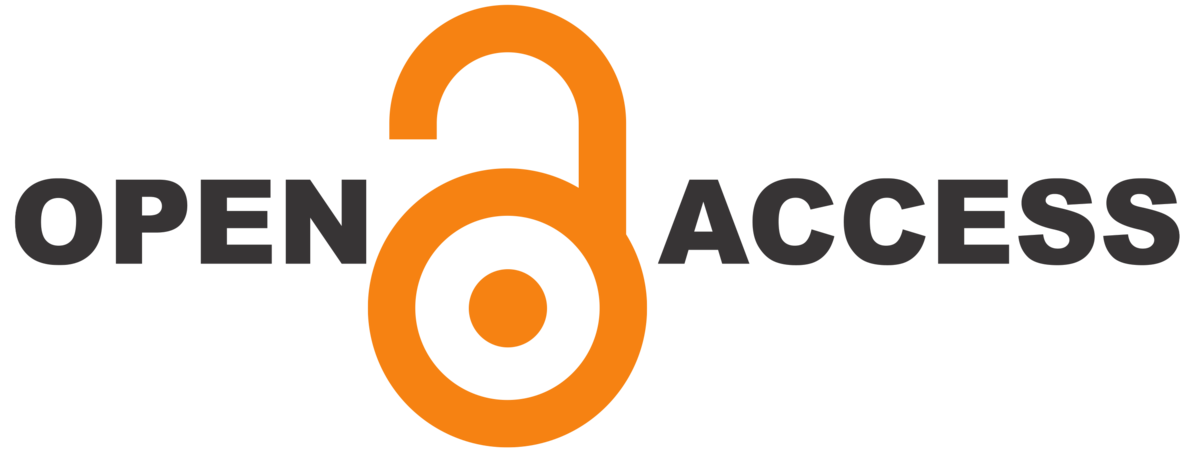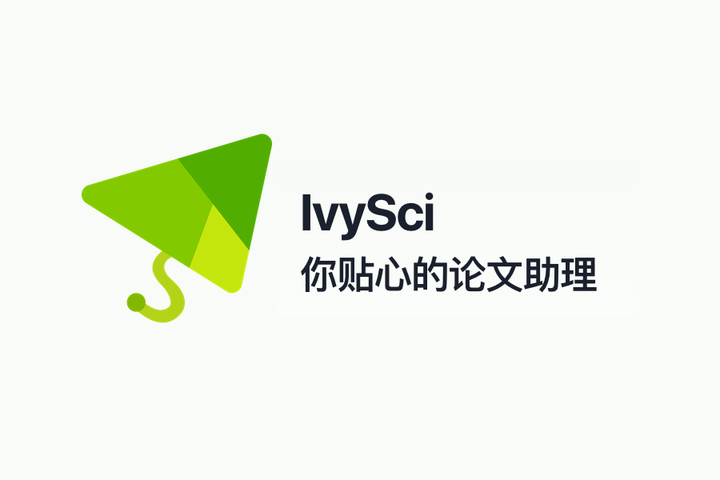Closing Legal Loopholes in Public-Private Partnership Schemes for Waste Management in Indonesia
DOI:
https://doi.org/10.35166/jipm.v8i2.139Keywords:
Tax Incentives, TKDN Incentives, Waste Management PPP, Legal LoopholesAbstract
In recent years, Public-Private Partnership (PPP) schemes have been increasingly used in Indonesia. PPP schemes attract foreign investment because they are cost-efficient. However, the waste-management sector has not reaped these benefits due to a gap in sectoral regulation. This paper addresses the issues of legal loopholes and proposes fundamental elements that should be included in future waste-management PPP legislation. The results of this paper are intended to assist legislators in developing future regulations for the sector. We employed a qualitative research method, specifically through a normative legal approach by relying on international standards and comparative provisions across jurisdictions. Our analysis identifies three main aspects that future legislation should include. First, waste-management PPPs require an explicit legal and policy framework that governs financing schemes, including clear and investor-friendly principles and options. Second, tax incentives are essential. To enable effective participation, legislation should provide tax and customs incentives (e.g., tax holidays and exemptions). Third, incentives related to local content requirements (TKDN) are highly required. One persistent barrier to market entry in PPP projects is strict TKD requirements and high import costs. Therefore, we propose TKDN mechanisms that incentivize investors to participate in the projects by reducing TKDN thresholds in the sector.
References
Adam, R. C. (2025). Between attraction and evasion: Legal factors shaping FDI in Indonesia and neighboring countries. Indonesia Law Review, 15(1), 87–100. https://doi.org/10.15742/ ilrev.v15n1.6
Alfianto, D., & Gayo, S. (2021). Government cooperation with business entities in the procurement of infrastructure based on the presidential regulation number 38 year 2015. Research and Critics Institute-Journal (BIRCI), 38, 8078–8090. https://bircu-journal.com/index.php/birci/article/view/ 2724
Alifia, A. S. A., Herawati, A. R., & Purnaweni, H. (2024). Public-private partnership dalam program pengolahan sampah menjadi energi listrik (PSEL) di TPA Putri Cempo, Surakarta. Journal of Management & Public Policy, 13(4), 578–601. https://doi.org/10.14710/jppmr.v13i4.47495
Asian Development Bank. (2023). Public-Private Partnership Handbook Acknowledgments. 101.
Azis, M. M., Kristanto, J., & Purnomo, C. W. (2021). A techno‐economic evaluation of municipal solid waste (MSW) conversion to energy in Indonesia. Sustainability, 13(13). https://doi.org/10.3390/ su13137232
Bappenas. (2025). PPP Book 2025.
Citrazalzabilla, R., & Suyatno. (2024). Perlindungan hukum terhadap foreign direct investment (FDI) dalam kerja sama investasi antara pemerintah dengan badan usaha di Indonesia. JICN: Jurnal Intelek dan Cendikiawan Nusantara, 1(2), 1816–1822. https://journal.perbanas.id/index.php/psn/article/ view/822
Cointreau-levine, S., & Coad, A. (2000). Private sector participation in municipal solid waste management. Swiss Centre for Development Cooperation in Technology and Management. https://www.eawag.ch/fileadmin/Domain1/Abteilungen/sandec/E-Learning/Moocs/Solid_Waste/ W2/Guidance_pack_Private_sector_2000.pdf
Cui, C., Liu, Y., Xia, B., Jiang, X., & Skitmore, M. (2020). Overview of public-private partnerships in the waste-to-energy incineration industry in China: Status, opportunities, and challenges. Energy Strategy Reviews, 32, 100584. https://doi.org/10.1016/j.esr.2020.100584
Dewar, J. (2015). International Project Finance Law and Practice. Oxford University Press. https://doi.org/ 10.1093/law/9780198715559.001.0001
Fleta-Asín, J., & Muñoz, F. (2021). Renewable energy public–private partnerships in developing countries: Determinants of private investment. Sustainable Development, 29(4), 653–670. https://doi.org/ 10.1002/sd.2165
Gatti, S. (2008). Project Finance in Theory.
Hidayat, T., Ekha Putera, R., & Koeswara, H. (2024). Analisis kebijakan penerapan tingkat komponen dalam negeri (TKDN) dalam pengadaan barang dan jasa di kementerian pendidikan, kebudayaan, riset, dan teknologi: Studi kasus di biro umum dan pengadaan. Jurnal Ilmu Administrasi Negara ASIAN (Asosiasi Ilmuwan Administrasi Negara), 12(1), 85–94. https://doi.org/10.47828/ jianaasian.v12i1.203
Kakeu–Tardy, R. C. M., & Véron, R. (2019). Hunting for tonnage: Waste workers’ incentives in a public-private partnership in Bafoussam, Cameroon. International Journal of Urban Sustainable Development, 11(2), 154–171. https://doi.org/10.1080/19463138.2019.1604526
Karsayuda, M. R., Fadli, M., Khusaini, M., & Kusumaningrum, A. (2023). Legal construction of infrastructure financing based on public-private partnership to realize national resilience. International Journal of Humanities Education and Social Sciences (IJHESS), 3(1), 353–364. https://doi.org/10.55227/ijhess.v3i1.563
Low, J. O., & Pheng, S. (2021). Management in the Built Environment Series Editor: Low Sui Pheng Waste Reduction in Precast Construction Using Lean and Shared Mental Models. http://www.springer.com/series/15765
Maolana, M. I. (2018). Regulation simplification and implementation of regulatory reform agenda. BAPPENAS Working Papers, 66–79. https://portal.mahkamahkonstitusi.go.id/eLaw/ mg58ufsc89hrsg/UUD_1945_Perubahan.pdf
Maphosa, J. (2024). Sustainable Finance and Climate Change. Edward Elgar Publishing. https://doi.org/10.4337/9781800377288
Nursahla, R. S. A., Paramayoga, N., Fadli, M. A., & Hamidi, M. P. (2023). Legal aspects of the central bank’s green finance instruments in Indonesia: An overview. Journal of Central Banking Law and Institutions, 2(1), 123–152. https://doi.org/10.21098/jcli.v2i1.38
OECD. (2012). Recommendation of the Council on Principles for Independent Fiscal Institutions. http://www.oecd.org/gov/budgeting/OECD-Recommendation-on-Principles-for-Independent-Fiscal-Institutions.pdf
Pambudi, J. A. A., Dayana, I., Alfirman, D. M., Susanto, D., & Widianingrum, R. (2023). Accelerating Indonesia sustainable infrastructure development through ESG initiatives in PPP ecosystem. IOP Conference Series: Earth and Environmental Science, 1266(1). https://doi.org/10.1088/1755-1315/1266/1/012020
Partners, W. A. (2024). More Favourable Local Content Requirements for Power Producers. August, 1–5.
Patu, A. S. P. A., & Akhmadi, M. H. (2021). Evaluasi penyiapan proyek kerja sama pemerintah dengan badan usaha (KPBU) kereta api Makassar-Parepare. Jurnal Kebijakan Pembangunan, 16(2), 221–235. https://doi.org/10.47441/jkp.v16i2.200
Posner, R. (1973). Economic Analysis of Law. Aspen Casebook Series. https://doi.org/10.2307/ 3003108
PT PLN (Persero). (2025). Rencana Usaha Penyediaan Tenaga Listrik (RUPTL) PT PLN (Persero) Tahun 2025–2034. https://web.pln.co.id/statics/uploads/2024/04/buku-ruptl-2025-2034.pdf
R, M. A., R, N. G. W., & Sendjaja, T. (2024). Menelisik regulasi PPN pasal 16d pada KPBU: Membongkar implikasi perpajakan penyerahan aset infrastruktur. Perbanas Journal, 1, 1–14. https://journal.perbanas.id/index.php/psn/article/view/822
Rahardjo, S. A., & Farudin, M. (2025). Evolusi normatif peran penanggung jawab proyek kerjasama (PJPK) dalam skema kerja sama pemerintah dan badan usaha (KPBU): Rekonstruksi hukum dalam tata kelola penyelenggaraan infrastruktur berkelanjutan di Indonesia. Mandub: Jurnal Politik, Sosial, Hukum, dan Humaniora, 3(1), 144–160. https://doi.org/10.59059/mandub.v3i1.2171
Ravianti, D. A. (2024). Analisis tingkat komponen dalam negeri (TKDN) terhadap iklim investasi energi surya di Indonesia. Honeste Vivere, 34(1), 41–51. https://doi.org/10.55809/ hv.v34i1.271
S. Bella, M. I., & Yudianto, I. (2021). The impact of tax incentives on foreign direct investment: The case of tax holiday and corporate income tax rates in Indonesia. Journal of Accounting Auditing and Business, 4(2), 105–135. https://doi.org/10.24198/jaab.v4i2.34397
Saputra, B. (2024). Disharmonisasi Pengaturan Skema Public-Private Partnerships dalam Penyediaan Infrastruktur di Indonesia. https://doi.org/10.5040/9798892050999.ch-005
Siagian, E. S., Sumaryana, A., Widianingsih, I., & Nurasa, H. (2019). Public-private partnerships in solid waste management in Indonesia: The need for technical regulation. Asia Pacific Journal of Public Administration, 41(4), 246–250. https://doi.org/10.1080/23276665.2019.1694236
Son, S. (2012). Legal Analysis on Public-Private Partnerships regarding Model PPP Rules. http://www.uncitral.org/pdf/english/colloquia/public-private-partnerships-2013/20120704_Report_on_PPP_legal_IssuesSon_Seungwoover.11.pdf
Steelyana, E. W., & Aulia, P. R. (2024). Maximizing the benefits of public-private partnership for infrastructure in energy sector: A study of key challenges and recommendations. Journal of Governance, Taxation, and Auditing, 3(1), 01–11. https://doi.org/10.38142/jogta.v3i1.1081
Surbakti, S. T. T., Tjondro, E., & Pontjoharyo, W. (2023). Analysis of the implementation of tax incentives in the form of tax allowance and tax holiday in Indonesia compared to Thailand. Jurnal Ekonomi, 12(03), 2023. http://ejournal.seaninstitute.or.id/index.php/Ekonomi
Tamošaitienė, J., Sarvari, H., Chan, D. W. M., & Cristofaro, M. (2021). Assessing the barriers and risks to private sector participation in infrastructure construction projects in developing countries of Middle East. Sustainability, 13(1), 1–20. https://doi.org/10.3390/su13010153
UNCITRAL. (2021). UNCITRAL Legislative Guide on Public-Private Partnerships. https://doi.org/ 10.18356/9789210048057
Vassileva, A. (2022). Green public-private partnerships (PPPs) as an instrument for sustainable development. Journal of World Economy: Transformations & Transitions, 2(05), 1–18. https://doi.org/10.52459/jowett25221122
World Bank. (2021). Public-Private Partnerships Reference Guide. www.worldbank.org
Yun, S., Jung, W., Han, S. H., & Park, H. (2015). Critical organizational success factors for public private partnership projects. Journal of Civil Engineering and Management, 21(2), 131–143. https://doi.org/10.3846/13923730.2013.802715
Downloads
Published
Issue
Section
License
Copyright (c) 2025 Journal of Infrastructure Policy and Management (JIPM)

This work is licensed under a Creative Commons Attribution-ShareAlike 4.0 International License.















